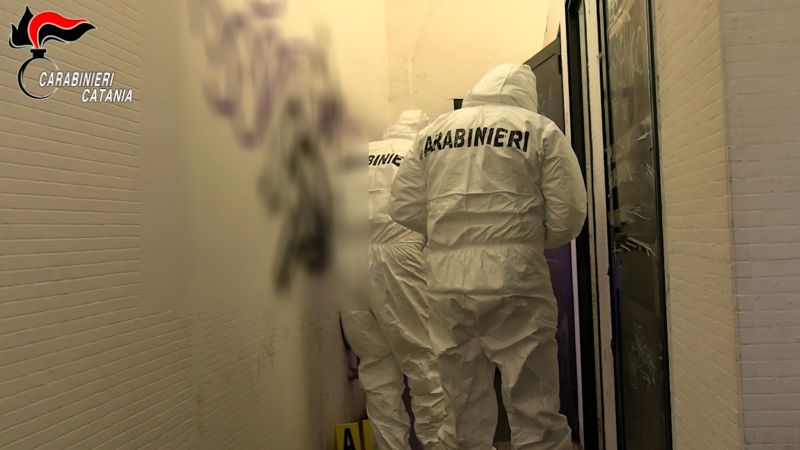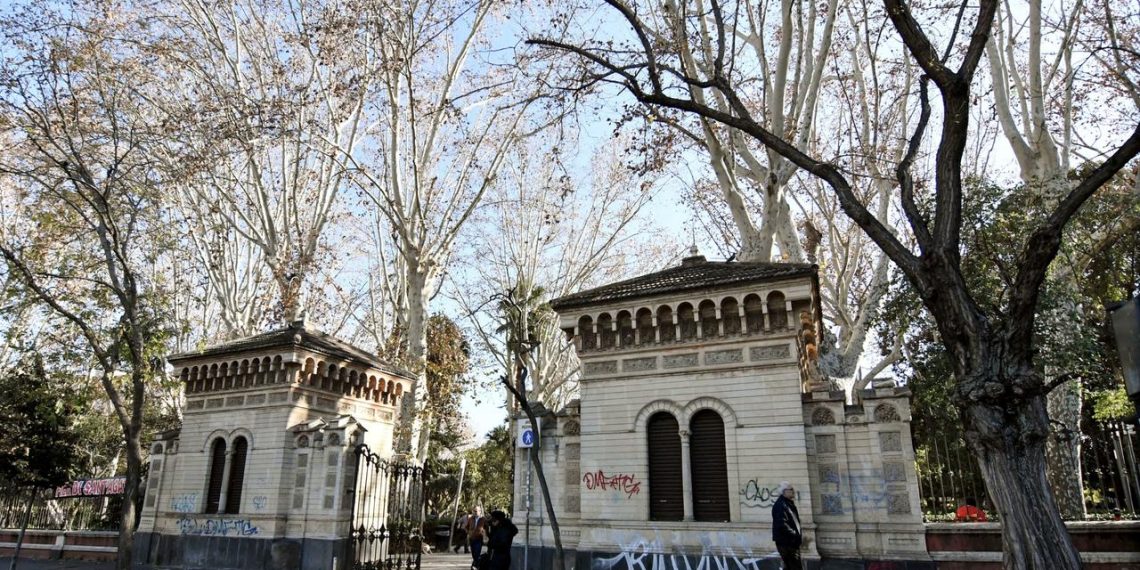Italy is rocked by a recent case of alleged gang rape in Catania, Sicily, involving seven suspects, all Egyptian migrants. This incident, reminiscent of previous assaults, has reignited debates on immigration and gender violence in the country.
The trial of seven young men for the alleged rape of a 19-year-old girl in Palermo last summer underscores a disturbing trend. Additionally, the arrest of nine individuals accused of assaulting two young cousins near Naples, streamed live on social media, further amplifies concerns.
Italy’s far-right government, led by Prime Minister Giorgia Meloni, has seized upon these incidents to bolster its anti-immigration stance. The suspects in the Catania case entered Italy as unaccompanied minors, sparking calls for stricter immigration policies.
Meloni expressed solidarity with the victims’ families, emphasizing the need for justice. However, the handling of cases involving Italian and Egyptian suspects has raised questions about equity in the legal system. While Italian suspects are granted fast-track trials, the Egyptian suspects face additional charges related to illegal immigration.
The tragic murder of Giulia Cecchettin and the alarming rates of femicide underscore the pervasive issue of gender-based violence in Italy. Parliament’s recent measures aim to strengthen punishments for perpetrators and enhance protections for women.

Nevertheless, the focus on the background of alleged perpetrators highlights broader societal issues. Judge Carlo Umberto Cannella’s remarks on the suspects’ “civilization” raise concerns about prejudice and discrimination.
In light of these incidents, Italy faces a critical juncture in addressing both immigration reform and gender violence. The cases serve as a stark reminder of the urgent need for comprehensive action to ensure the safety and well-being of all individuals in the country.




